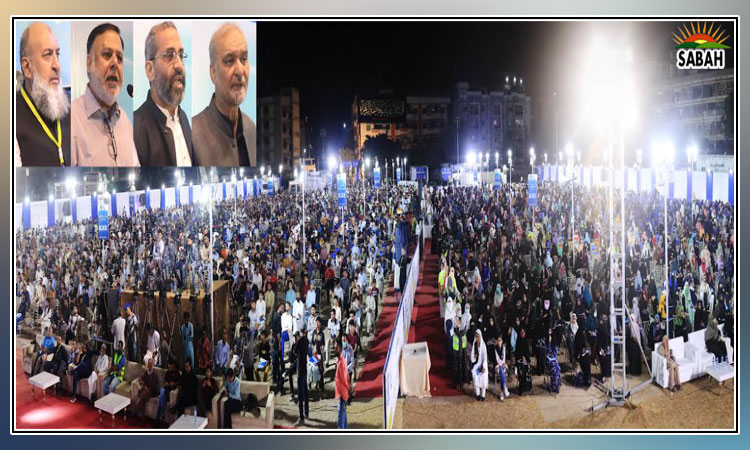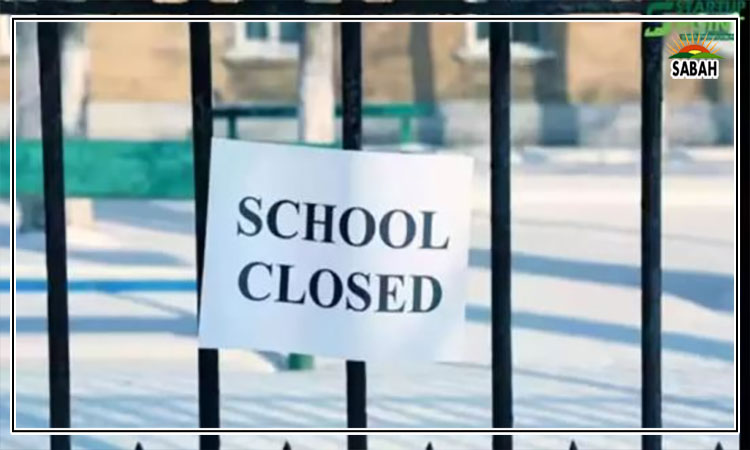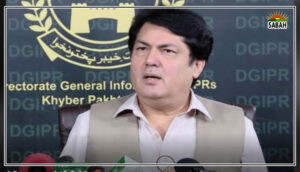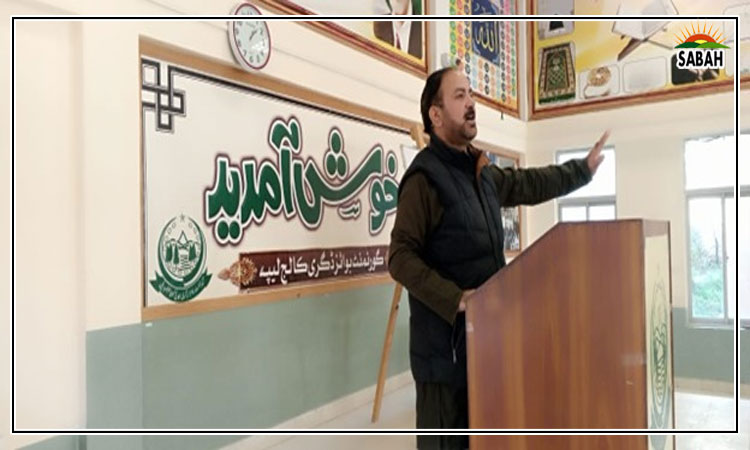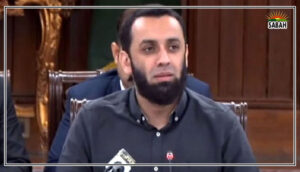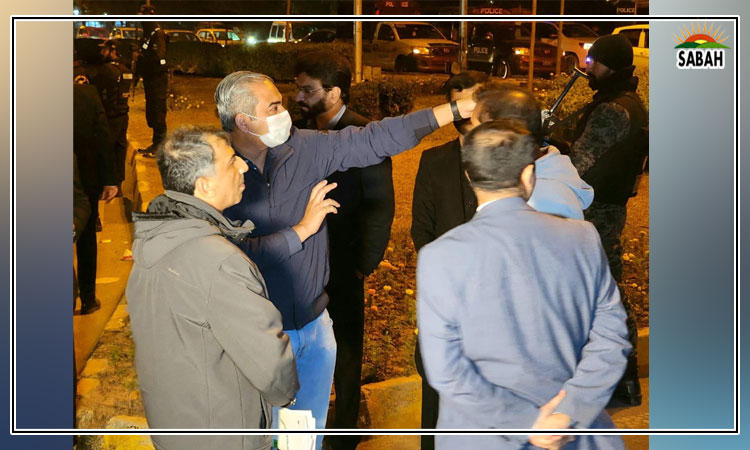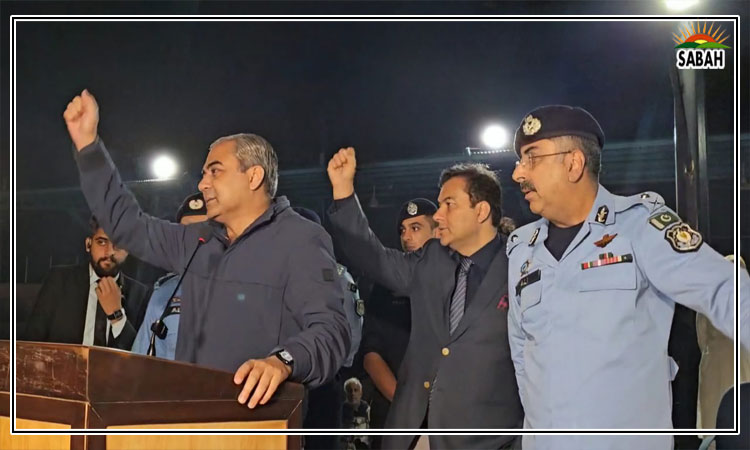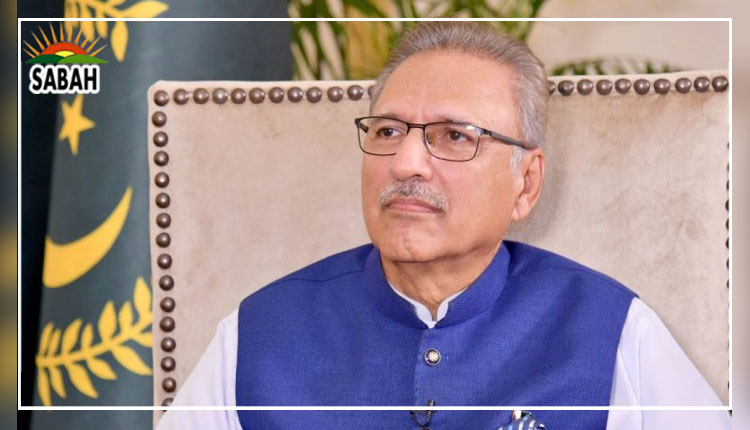President Alvi asks FBR to provide hearing to company in refund claims case
ISLAMABAD, April 16 (SABAH): President Dr. Arif Alvi has upheld the decision of the Federal Tax Ombudsman (FTO) directing Federal Board of Revenue (FBR) to dispose of the refund application of a private food company after providing it with the opportunity of hearing as per law on a matter where the company had filed refund claims after a delay of 5 to 8 years.
President Dr. Arif Alvi gave this decision while rejecting FBR’s representation against the decision of FTO in a case where a private food company had requested the Large Taxpayers Office (LTO), Karachi in 2020 for condonation in delay under the Sales Tax Act, 1990 for filing refund claims relating to the period of 2012 to 2016 as the Sales Tax amount of Rs.88.5 million was not claimed/adjusted in their previous Sales Tax Returns due to some technical issues at the company. FTO had directed FBR to provide a hearing opportunity to the company on the matter.
The President in his decision pointed out that as per a Supreme Court’s judgment (PLD 1998 SC 64), a genuine refund could not be refused, even if refund applications were filed late. He added that the fundamental rights as enshrined in Article 24 (1) of the Constitution postulate that no person shall be compulsorily deprived of his property save in accordance with Law. He stated that the principle evolved and approved by Judicial pronouncements was that it was the duty of the State to return what had been taken erroneously or wrongly; and that a democratic Government could not take a plea of limitation to deny what was due to a citizen.
President Dr. Arif Alvi referred to the Supreme Court’s decision (PLD 1998 SC 64) in M/s Pfizer Laboratories Ltd. Vs Federation of Pakistan case that held that if one party under a mistake, whether of fact or law, paid some money to another party (which included a Government department) which was not due by law or contract or otherwise, that must be repaid in view of Section 72 of the Contract Act, 1872. It added that where some money was received by the Government not lawfully due, the plea of limitation by its departments was one which the Court always looked upon with disfavour as it was violative of the principles of morality and justice. It further stated that there may not be a legal liability on the part of a Government functionary to refund any amount received by it as a tax or other levy by virtue of certain special provisions under the special law but keeping in view that we lived in a democratic society governed by the rule of law and every Government, which claimed to have ethical and moral values, must do what was fair and just to the citizens regardless of legal technicalities.
The President reiterated that as per Indo-Pak laws the fact that the amount of tax of which the refund was claimed was voluntarily paid, did not preclude the right to claim the refund if it was not lawfully payable. He also pointed out that the Commissioners of two different Zones in the company’s matters of identical nature [M/s Zakariya Traders (M/s Unilever Distributers) and M/s Unilever Pakistan Foods Ltd (UPFL)] had passed orders contrary to each other i.e., in the former case, the delay was condoned whereas in the latter it was rejected. “Such contrary approach in identical matters raises suspicions which as far as possible must be avoided”, he stated and rejected FBR’s representation.


